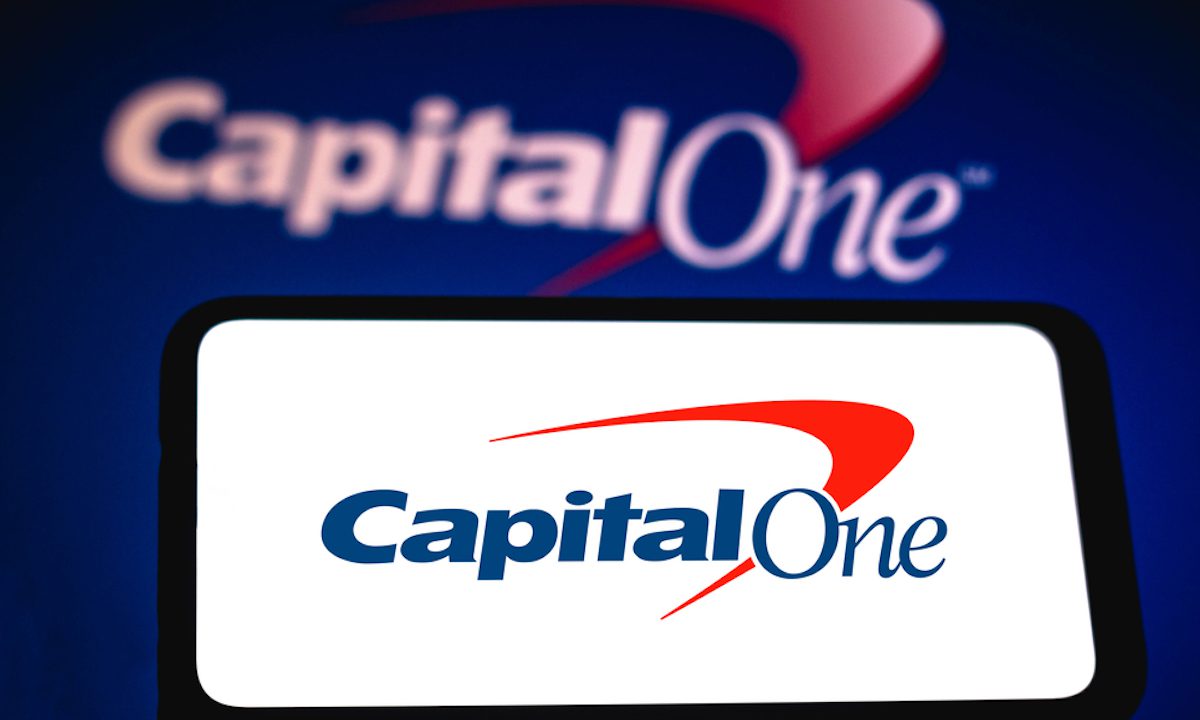
New York Attorney General Letitia James has initiated an investigation into Capital One Financial’s proposed acquisition of Discover Financial Services, expressing concerns about the potential ramifications for consumers in the state. James described the deal as having a “significant impact” on New Yorkers, particularly those with subprime credit scores.
The attorney general requested a state court’s approval on Wednesday to issue subpoenas to Capital One as part of an ongoing antitrust probe. James emphasized that the merger could disproportionately affect New York residents, as the two companies collectively hold over $16 billion in credit card loans in the state—Capital One with more than $9.5 billion and Discover with approximately $6.5 billion in loans, according to Bloomberg.
The deal, announced in February, is an all-stock transaction valued at $35.3 billion and is expected to significantly reshape the U.S. credit card industry. Per Bloomberg, the merger would combine two of the nation’s largest credit card issuers, behind only JPMorgan Chase and Citigroup, and would be one of the most notable deals in the sector since the 2008 financial crisis.
Capital One’s founder and CEO, Richard Fairbank, touted the strategic benefits of the acquisition earlier this year, stating, “Through this combination, we’re creating a company that is exceptionally well-positioned to create significant value for consumers, small businesses, merchants, and shareholders as technology continues to transform the payments and banking marketplace.”
Read more: EU Partners with Venture Capital Firms to Boost Tech Investment Amid Global Competition
However, James warned that the merger would create a dominant force among subprime borrowers, a group of consumers already vulnerable due to lower credit scores. The combined entity would control approximately 30% of the subprime credit card market—double the market share of its closest competitor. This level of dominance could limit choices for consumers with subprime credit, potentially leading to higher interest rates or fewer available credit options.
The proposed Capital One-Discover deal has drawn comparisons to other large banking mergers, with the last major consolidation happening nearly five years ago, when BB&T acquired SunTrust in a $28 billion transaction, forming Truist Financial. According to Bloomberg, the Capital One-Discover merger could rival such deals in scale, with broader implications for the U.S. financial landscape.
In addition to their status as major credit card lenders, Discover also operates its own payment network, positioning it as a competitor to industry giants Visa and Mastercard. This aspect of the deal has raised further regulatory scrutiny, as it could potentially reduce competition in the payments sector.
Source: Bloomberg
Featured News
Big Tech Braces for Potential Changes Under a Second Trump Presidency
Nov 6, 2024 by
CPI
Trump’s Potential Shift in US Antitrust Policy Raises Questions for Big Tech and Mergers
Nov 6, 2024 by
CPI
EU Set to Fine Apple in First Major Enforcement of Digital Markets Act
Nov 5, 2024 by
CPI
Six Indicted in Federal Bid-Rigging Schemes Involving Government IT Contracts
Nov 5, 2024 by
CPI
Ireland Secures First €3 Billion Apple Tax Payment, Boosting Exchequer Funds
Nov 5, 2024 by
CPI
Antitrust Mix by CPI
Antitrust Chronicle® – Remedies Revisited
Oct 30, 2024 by
CPI
Fixing the Fix: Updating Policy on Merger Remedies
Oct 30, 2024 by
CPI
Methodology Matters: The 2017 FTC Remedies Study
Oct 30, 2024 by
CPI
U.S. v. AT&T: Five Lessons for Vertical Merger Enforcement
Oct 30, 2024 by
CPI
The Search for Antitrust Remedies in Tech Leads Beyond Antitrust
Oct 30, 2024 by
CPI